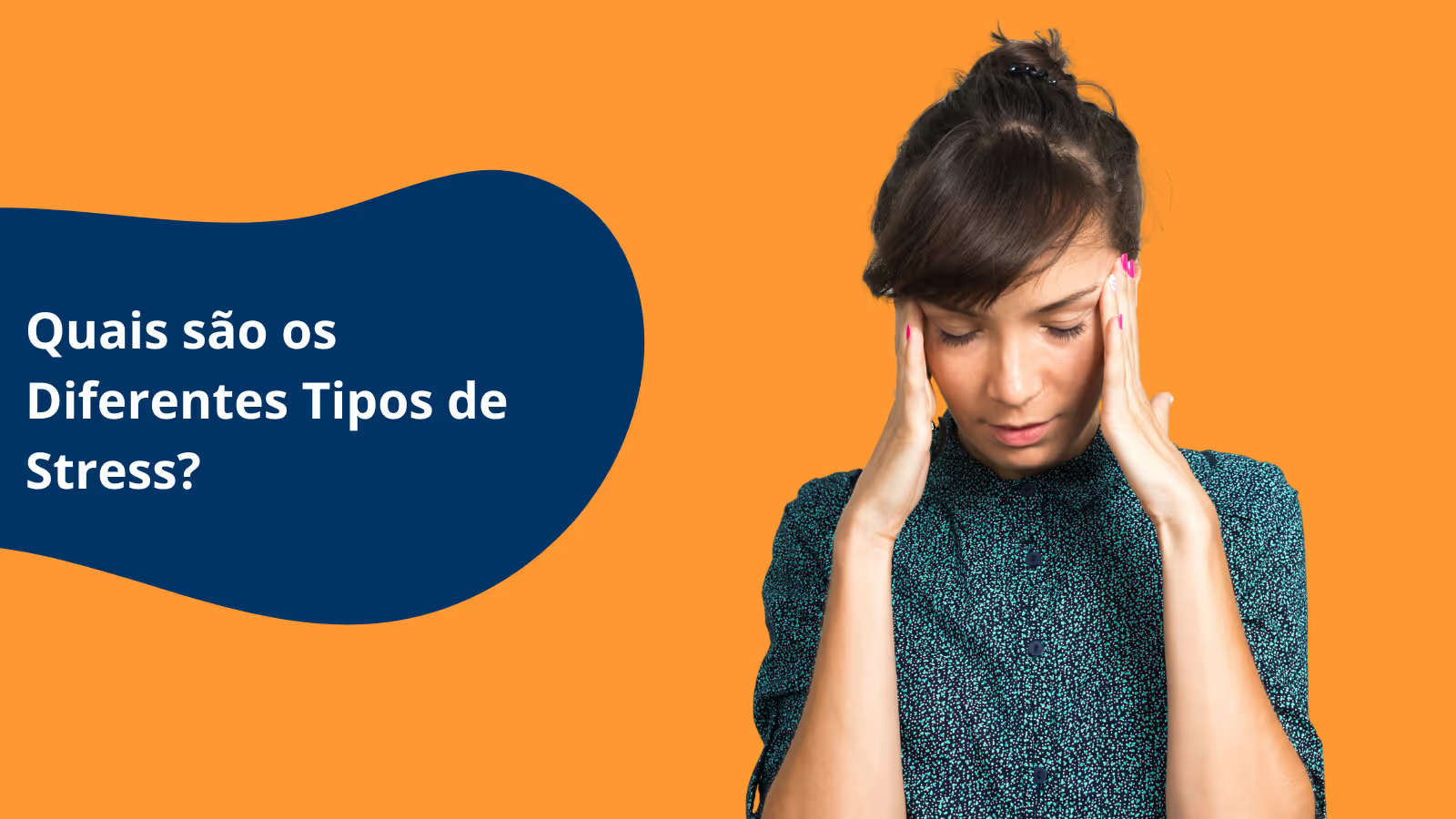What are the Different Types of Stress?

Stress is a natural response of the body to external stimuli that can be physical, psychological or psychosocial. This defense mechanism, although essential for survival, can have significant repercussions on health, affecting systems such as the immune, cardiovascular, respiratory, gastrointestinal, nervous and endocrine systems.
Being a manifestation that resembles anxiety, differs in that it is a reaction to a concrete external factor, to an event or situation that has happened or is in progress, while the anxietyis characterized by excessive and persistent concerns, and there may or may not be an external element causing it.
Understanding the different types of stress and how they manifest is crucial for its effective management and is the starting point for finding professional help.
There are four main categories of stress: acute, acute episodic, post-traumatic and chronic.
Acute Stress
Acute stress is the most common form and occurs in response to specific, short-term situations. It can result from recent events or immediate pressures, such as having a tight deadline for the delivery of a work/project or an emergency situation. In small doses, acute stress can be stimulating and even beneficial, increasing attention and performance. However, when it becomes excessive, it can lead to psychological and physical problems, such as headaches, gastrointestinal disorders and difficulty concentrating.
Acute Episodic Stress
This type of stress is characterized by the frequent occurrence of episodes of acute stress. Individuals who suffer from acute episodic stress tend to live disorganized and chaotic lives, often feeling pressured and retarded. These people usually have symptoms such as irritability, anxiety, persistent headaches, hypertension and even heart disease. The work environment is a common context for this type of stress, especially in high-pressure occupations.
Post-Traumatic Stress
Post-traumatic stress is triggered by exposure to extremely intense traumatic events. Victims of war, survivors of natural disasters or people who have suffered prolonged abuse can develop post-traumatic stress. Symptoms include persistently reliving the trauma through intrusive memories, nightmares, and intense physiological responses when recalling the event. Post-traumatic stress can be debilitating, severely affecting an individual's quality of life and mental health.
Chronic Stress
Chronic stress is the result of prolonged and continuous pressure situations. This type of stress can arise from persistent problems such as poverty, dysfunctional family relationships, an unhappy marriage or an unsatisfactory job. Unlike acute stress, chronic stress is long-lasting and can lead to serious health problems, including heart disease, stroke, and even suicide. The feeling of having no way out of a difficult situation perpetuates the cycle of chronic stress, causing deep physical and emotional wear and tear.
We Train Brains, Strengthen Minds, Transform Lives
Schedule an appointment and see how we can help your family.
No time for a call now? Leave your details and we will get in touch:

Wonderful team, concerned, attentive and always available to help in everything.
With the passage of time, the results are being verified.
I am grateful to have met Neuroimprove and all its professionals.




